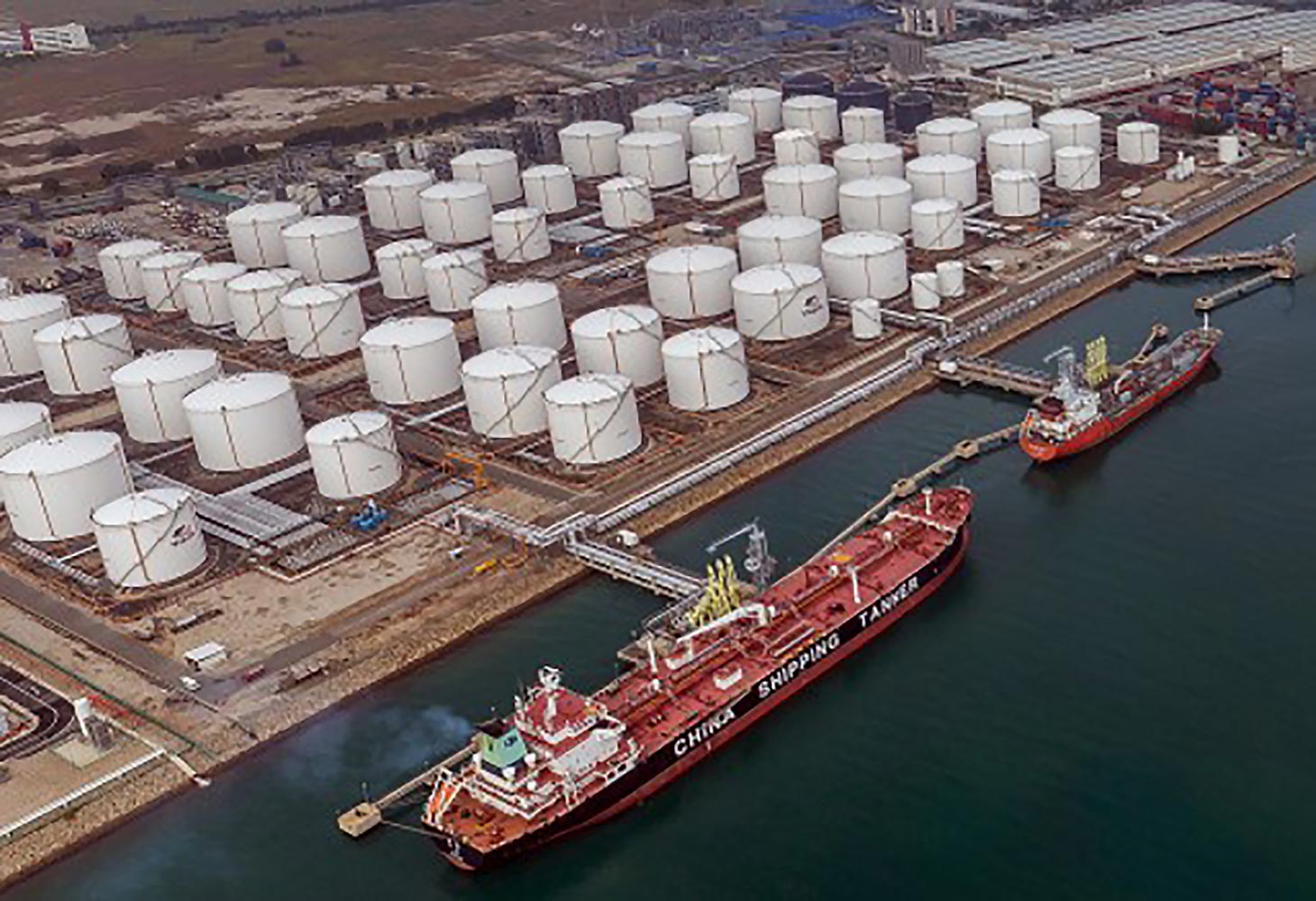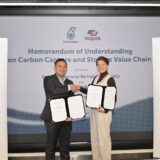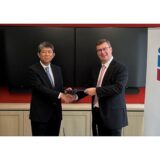
Itochu speeds up ammonia fuel supply chain study in Singapore
Itochu Corporation has entered into an agreement with Pavilion Energy, Mitsui O.S.K. Lines Ltd. (MOL) and Total Marine Fuels Private Limited to speed up the joint development of the ammonia fuel supply chain study in Singapore. In June 2020, Itochu executed a memorandum of understanding (MOU) with Vopak on the joint development study of ammonia as a new marine fuel in Singapore.
Itochu has expertise in handling ammonia at their Banyan Terminal in Singapore, whereas Pavilion Energy, MOL and Total are engaged in the LNG bunkering business in Singapore.
With international momentum towards the transition to a decarbonized society since the Paris Agreement came into effect in 2016, the International Maritime Organization (IMO) adopted a strategy for the reduction of greenhouse gas (GHG) emissions within the shipping industry in 2018. This strategy sets targets to reduce CO2 emissions per transport work – as an average across international shipping – by at least 40% by 2030 (compared to 2008 levels), and to reduce total annual GHG emissions by at least 50% by 2050, while pursuing efforts to phase them out entirely (zero-emissions) during this century. In order to achieve these goals, the early adoption of ammonia as a suitable zero emission, alternative marine fuel is one of the key elements.
The purpose of the MOU is not limited to expansion and acceleration of the joint development of an ammonia fuel supply chain, including an on-shore and/or off-shore facility and an ammonia bunkering ship in Singapore. It is also a key element of an integrated project that includes the development of an ammonia fueled ship by Itochu with other partners. Itochu intends to promote initiatives to reduce GHGs with the cooperation of domestic and overseas clients, as well as the relevant government agencies. Itochu, for its part, will aim to accelerate the development of sustainable energy systems through these initiatives, ensure “contributions to the SDGs and improved efforts” as one of the basic policies of its new medium-term management plan, and achieve a low-carbon society.













